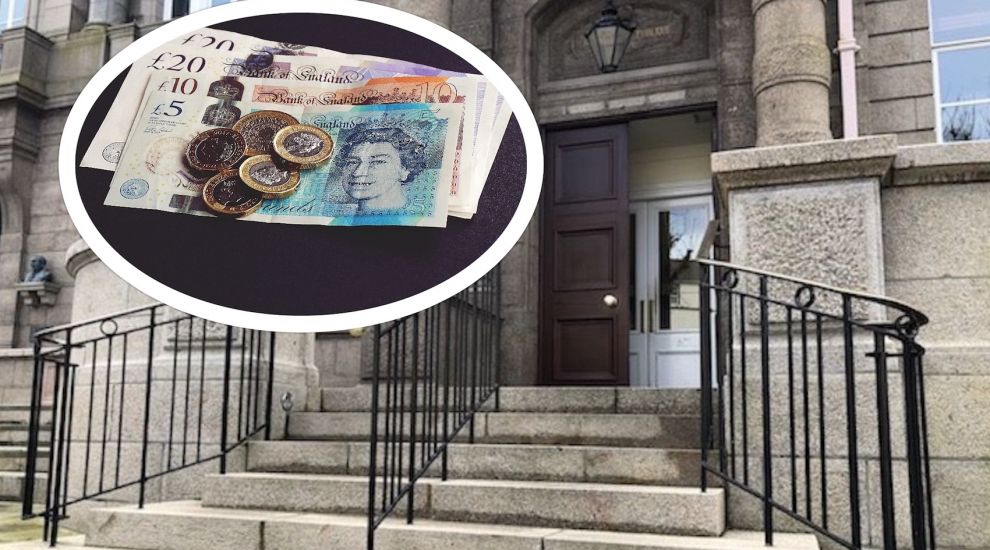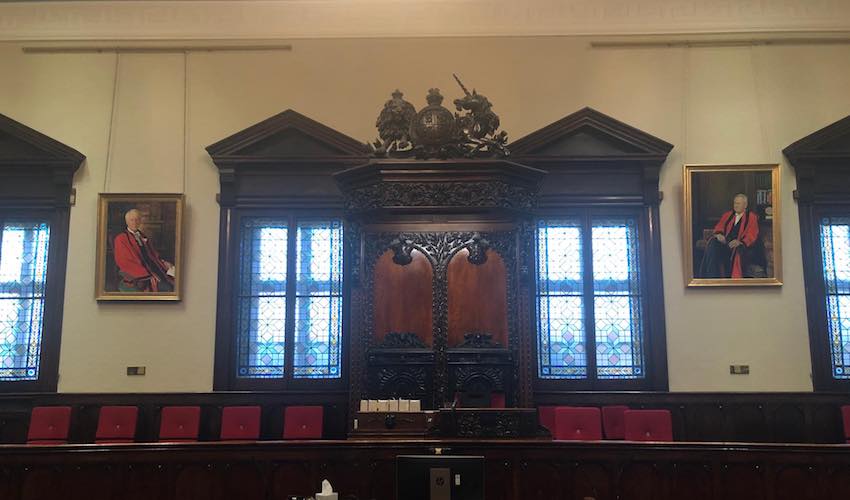


Readers will remember a news story recently, in which a defendant who was discharged after standing trial for rape called for financial compensation.
In this month’s legal musings, I examine whether compensation should be paid to defendants who are acquitted, and whether they should be afforded other protection.
The starting point: defendants who are not convicted are normally entitled to reimbursement of legal costs. The law allows for this. Most people would probably agree this is reasonable. If you incur legal costs defending yourself from criminal allegation why shouldn’t those costs be repaid if you’re not convicted? Previously I have written how I consider it wholly unfair that defendants do not receive all their legal costs, but only recover about 60-75%.
If you’ve spent £100,000 in legal fees why should the government only pay back part, so you lose between £25,000 and £40,000? And the point is, if you have money to pay for legal representation, you really don’t have much of a choice.

Pictured: "If you are suspected of a serious crime, and there are fears you will try to escape from the long arm of the law, of course it is reasonable you should have your freedom curtailed and then stand trial. But, this is only reasonable if the process is fair."
This is because you will not be eligible for legal aid and so you either pay the money knowing you won’t get it all back, or you just defend yourself at trial. Compare this to the public health service we have: even if you are dripping in money, you can still opt to have free medical treatment should you wish.
The basis, or the rationale, for allowing you to recover your legal costs is because you have suffered financial loss at the hands of the Crown because it required you to stand trial (the alternative is to just go to prison).
If, at the end of the trial, you are not convicted your loss is compensated (albeit – I say - partly/badly). So why then, if you have suffered loss or damage other than legal costs should you not be compensated for your suffering? Legislation was introduced so that if you are delayed for more than a few hours for a flight you can obtain financial compensation. Is it right if you are detained at an airport for a few hours you should get money but if you are locked up for months in a prison and later released when you are acquitted you get nothing? Seems a little inequitable doesn’t it?

Pictured: If, at the end of the trial, you are not convicted your loss is compensated (albeit – I say - partly/badly). So why then, if you have suffered loss or damage other than legal costs should you not be compensated for your suffering?
But, unfairness in the criminal justice system is something which is on the increase sadly. Rightly, the alleged victim in the rape trial will not be publicly named. Their identity is kept secret. In fact, publication is illegal and can result in imprisonment.
Furthermore, the victim can have special measures put in place so they can be hidden from view by screens from certain people. All of this is to prevent unfairness or suffering. That person may have been through the most traumatic and harrowing experience and therefore it is right and proper that protection should be put in place.
But what of the alleged defendant who (in case you need reminding) is ‘innocent until proven guilty’? No; no protection for them. That person gets named, their photograph is often published, they sit in the full glare of anyone who wishes to attend the court, they get berated and insulted on social media and are probably locked up for months awaiting trial. If they are acquitted, the Crown considers it sufficient to say, “you are free to go.” Anyone with any sense of reasonableness cannot help but see how inequitable this is. Put yourself in the shoes of a defendant knowing you are innocent. Do you think you would consider this treatment fair?
If you are suspected of a serious crime, and there are fears you will try to escape from the long arm of the law, of course it is reasonable you should have your freedom curtailed and then stand trial. But, this is only reasonable if the process is fair.
To be fair, your trial should take place as soon as possible and without unnecessary delay; you should be given protections from being named and shamed, unless and until, a guilty verdict is pronounced; and, in appropriate circumstances, if you have suffered loss or damage in the run-up to trial, compensation should be paid. It should not be paid because the Crown/prosecution has done anything wrong (because it hasn’t - it is not wrong to require a person to stand trial) but it should be paid to make good the suffering and loss.

Pictured: "If you’ve spent £100,000 in legal fees why should the government only pay back part, so you lose between £25,000 and £40,000? And the point is, if you have money to pay for legal representation, you really don’t have much of a choice."
Some inconvenience for the greater good has to be accepted as part of the world we live in. So, when you are stopped by customs officers at a port and perhaps your bags are checked; while it may be inconvenient because you want to get home or start your holiday, the inconvenience is a trifle.
Compare that to my client who was detained for year against his will, lost a large amount of money over that time, was told to get accommodation at the homeless shelter, lost his job, had his name splattered over the media, was subjected to unsubstantiated comments on social media, was accused of vicious rape - but then was discharged and told, “you are free to go.”
He was glad to go. Hardly surprising. I’d be glad to go. But, is that fair? I say not. But, I’ve been saying such things for a long time. My disillusion with the criminal justice system grows in equal measure with the increase in unfairness to defendants. A radical overhaul is needed and is long overdue. My fear is things will only get worse.
This article first appeared in Connect magazine, which you can read here.